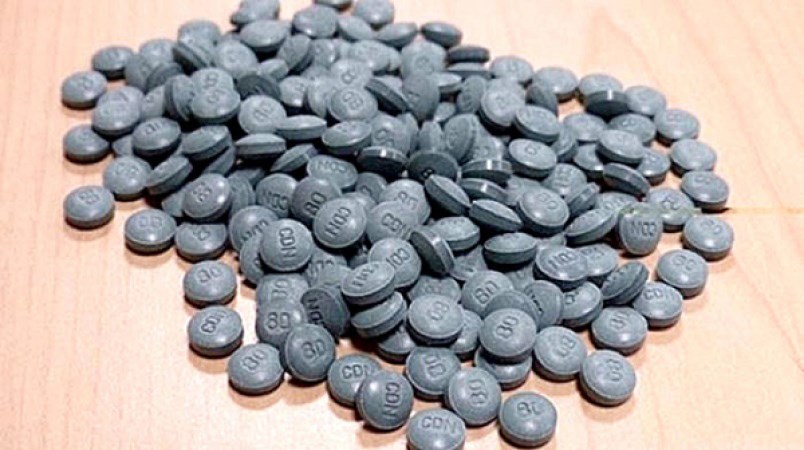A new report is calling for more provincially regulated treatment and recovery programs in the battle to curb the rising death toll associated with illicit drug overdoses.
The document, which was produced by the BC Coroners Service death review panel, also found a need to improve safer drug use through the creation of accessible drug-checking services as well as greater access to treatments such as methadone.
“The clearest finding that has come through this review is the reaffirmation that the biggest problem we face in terms of overdose deaths is the recent increase in drug toxicity,” said Michael Egilson, the chair of the death review panel.
“In particular, the potency and content of illicit substances is unpredictable. This is why we’re advocating for access to safer drug use, including opioid agonist therapy, tools like drug checking and take-home naloxone kits, as well as an evidence-based treatment and recovery system of care.”
The death review panel looked at each of the 1,854 illicit drug overdose deaths that occurred in the province between Jan. 1, 2016 and July 31, 2017. it found that people who use illicit drugs on a regular basis were more likely to die of an overdose, as were people who used alone.
Researchers also found that fentanyl was detected in an increasing number of overdoses, rising to four out of every five cases by July 2017, which was the final month of the review.
The panel also noted that:
• nine in every 10 deaths occurred indoors;
• males accounted for four in every five deaths;
• about one in every 10 cases involved a homeless person;
• and Indigenous people made up 10% of the total number of overdose deaths compared to their total population of 3.4% in B.C.
The death review panel included Egilson as well as 21 experts with backgrounds in health care, policing, corrections, First Nations, education, mental health and addictions.
@gmckennaTC



